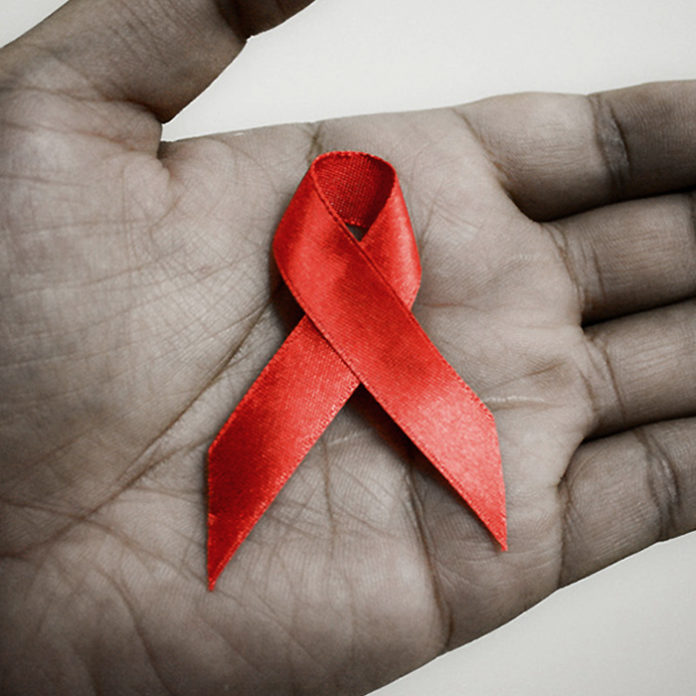
The 1st of December is officially recognized as World AIDS day and they’ve been rolling around ever since 1988. As a citizen of sub-Saharan Africa, I’ve been bombarded with every bit of AIDS awareness our collective health departments can muster, and it’s starting to feel like we’ve heard all there is to know about this monster pandemic. It would seem, from where I’m sitting at least, that our government and those of other countries, have slowed their AIDS awareness campaigns down and in some instances, apart from free government issued condoms in public restrooms, this is all they appear to be doing. Gone are the large number of ‘Condomise’ billboards and the Love Life posters inspiring the youth, in particular, to make better life choices. Maybe they are all still there and we don’t see them anymore? Perhaps the fears raised by the Ebola concerns out of the West of the continent has distracted us, or perhaps it’s the latest news that makes our parliament building in Cape Town seem like it should be replaced by a circus tent. Maybe we’ve made peace with where we are as a nation in terms of AIDS education, and that is now up to teachers, parents and community leaders to take the baton.
The World Health Organisation reports that 35 million people are currently living with HIV and about a million people a year die from the disease and life expectancy could drop by 20 years in some African countries.
So, if we can agree that although at face value, it may seem that the emphasis isn’t being placed on AIDS education by local government as it once was, that they are still doing something, and that there are many other people and lobby groups, busy behind the scenes, despite what we might be able to see from the outside. What then is being done and what is being recommended as sure fire ways to nip the spread of HIV in the bud? At one of last year’s World AIDS day gatherings in Mpumalanga Province in South Africa, the then deputy president said the SA government was planning to launch a medical male circumcision campaign. The target was to medically circumcise four million men by 2016. Then, there would also be an increase in testing centers and counselling. The idea would be to reduce the infection rate by half a million and prevent 100 000 deaths over the next 10 years. So, in the face of these medical campaigns, and addressing social determinants that fuel the epidemic, is it making a difference? This remains to be seen and with the 2014 AIDS Day awareness campaigns being launched internationally, it raises the following question: is the world’s greatest-ever pandemic simply being paid lip service, or do you firmly believe all that is being done is in fact the key to slowing down it’s spread, adding value to those infected, and preventing the spread to those who live HIV free?
How much do you know about HIV and AIDS? Why not take this eye-opening QUIZ.
It may seem that the emphasis has moved to some other concern, but we know that HIV and AIDS are here to stay. Despite the spotlight’s shift, may we never cry ignorance in the face of something so enormous. Keep yourself educated, have yourself tested if you must, and make sure the power stays in your hands.
